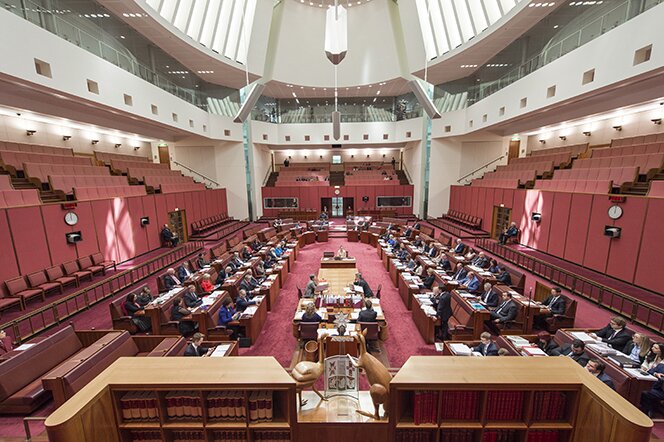
Dr Le
Articles
How many Australian parents have had their children steal their credit cards to make online micro transactions which turn out to be "BIG DEBT transactions"? In many games, players are rewarded with an item that can only be opened by purchasing a key to unlock this item.
Clinically, I see children referred for video game addiction after they are caught stealing money from their parents in order to make in game purchases. Stealing or uncharacteristic behaviour is often a sign of addiction or loss of control over their gaming habits.
How many parents are aware that the Australian Government recently held an inquiry, to decide how such transactions also known as "loot boxes" should be regulated?
Greens Senator Senator Jordon Steele-John says action needs to be taken on loot boxes, which he believes are a "gambling" product. This led to a senate inquiry in September 2018 into the extent to which gaming micro-transactions for chance-based items, sometimes referred to as 'loot boxes', may be harmful.
IGEA (Interactive Games & Entertainment Association) is an independent industry association representing the business and public policy interests of Australian and New Zealand companies in the computer and video game industry.
IGEA welcomed "the Government’s agreement with the committee that loot boxes are already subject to both state and federal laws and that there is currently insufficient evidence for further regulation. We note the Government’s conclusion that a formal departmental review of loot boxes is not warranted at this time."
Globally, in game purchases and micro transactions will reach $32 billion dollars by 2020. And yet, IGEA and The Australian Government both say that we don't know enough about how games developers generate this money and how this might negatively affect the average Australian family financially?
Did you know that the tobacco industry is famous for the deliberate construction of ignorance as a decoy strategy away from the harmful effects of smoking? This is called agnotology.
Agnotology is the study of culturally induced ignorance or doubt, particularly the publication of inaccurate or misleading scientific data.
The IGEA, an industry body, is essentially saying that we don't know enough about the effects of loot boxes in video games, thus it should not be regulated. Australian gamers should be concerned because The Australian Government believes that the research on the harms associated with loot boxes is in it's "infancy" and requires further review and research, thus stalling any change to how developers target gamers through micro transactions.
"The Australian Government recognises that the video game industry also has a significant role to play in protecting consumers. Game developers and online gaming storefronts provide a range of consumer protection tools, such as parental control s, purchase restrictions and spending limits. The Australian Government notes that many games developers are responding to the debate around loot boxes, taking steps to remove loot boxes from games or choosing to release new games without loot boxes."
The only reason why games developers overseas have removed loot boxes is because Governments classify loot boxes as gambling. The Australian Government had the opportunity to take the lead and make a difference for Australian families and gamers. For now, they have left this responsibility in the hands of game developers.




